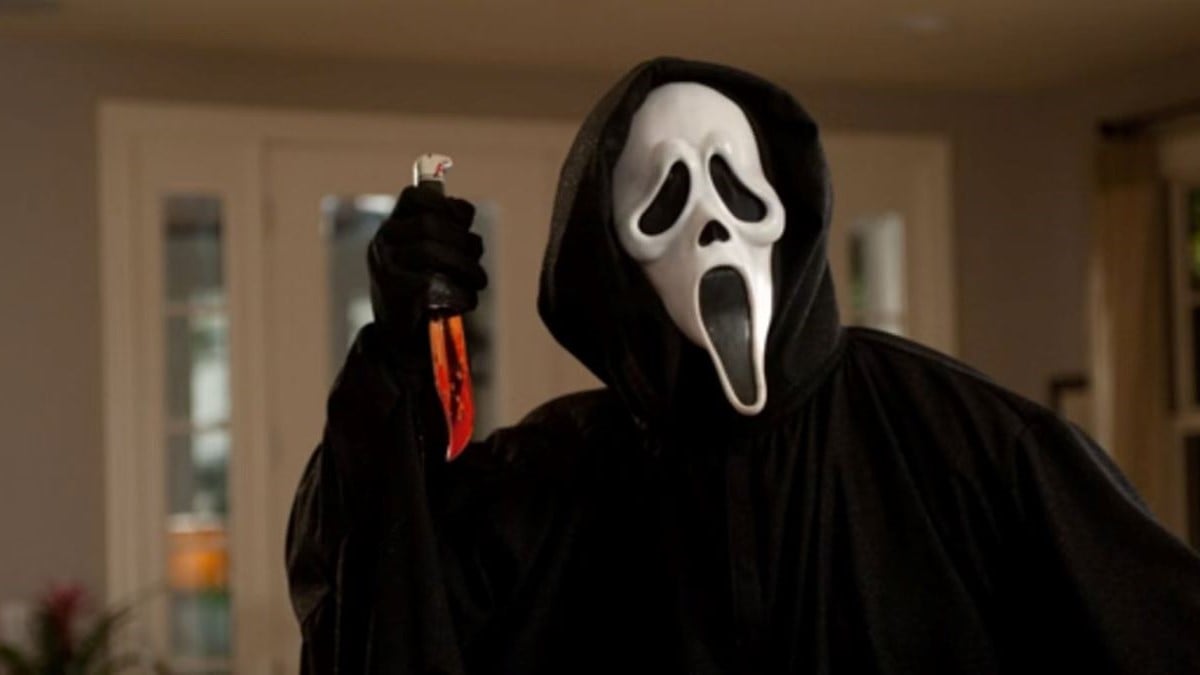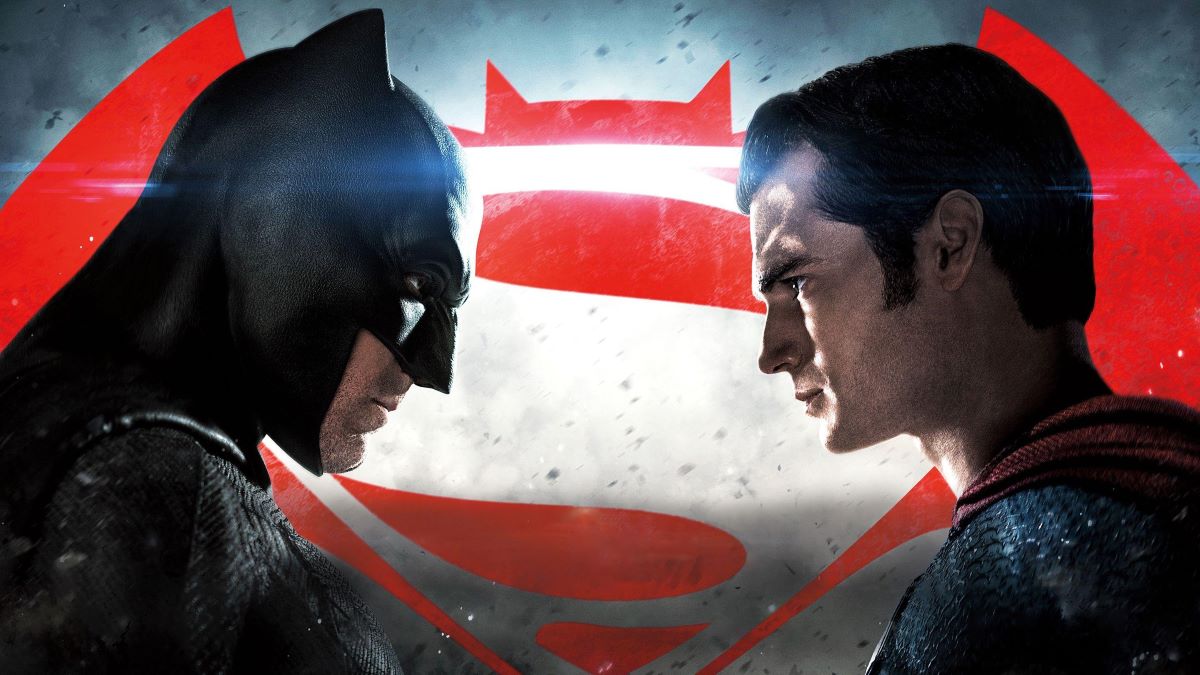
If Jessica Chastain and Colin Farrell bastardizing love for two solid hours sounds like cinematic gold, Miss Julie should impress based on its avalanche of period-perfect harlotry, seduction and Celtic-accented insults. Adapted from August Strindberg’s famed play, writer/director Liv Ullmann takes us back to 1890s Ireland to explore the feudal barriers that used to prevent true love’s connection, but if Strindberg’s story is any indication, it might have been for a good reason.
Every time you pray Ullmann’s characters have finally come to a mutual decision, their opposing counterpart unexpectedly flies off the handle and delays an inevitable ending for what seems like an eternity. There’s more flip-flopping between Chastain and Farrell than there was between John Kerry and George Bush Jr., which becomes increasingly frustrating as Miss Julie showcases the lifespan of a horror villain who just won’t seem to die for good.
Farrell plays John, a baron’s servant who finds himself in quite the pickle one midsummer’s night when the baron’s daughter, Miss Julie (Chastain), finds herself wanting to be seduced by John. Exploiting her position as John’s master, Miss Julie teases the man through humiliation and forced accompaniment, but one thing leads to another and the two find themselves in quite the sultry predicament. As both fear for their reputations, John and Miss Julie spend the rest of their midsummer’s night drinking, fighting, and deciding how best to cover their lusty predicament.
Being based on Strindberg’s original Swedish theater production, it’s no surprise that Ullmann structures her film as if the characters are on a stage, not a gigantic screen. John and Miss Julie’s adulterous adventure plays out within the confines of the baron’s servant kitchen, only migrating outdoors for some natural beauty (highlighting “sweeter” scenes) and to John’s room (bow-chica-wa-wow). Ullmann puts a heavy-handed emphasis on remaining completely faithful to the overplayed nature of stage actors and minimal usage of an expansive world, which makes Miss Julie more of a “remake” than “adaptation” – because the medium isn’t translated to screen. This could be a major red flag for some audiences who might misinterpret theatrical performances as hammy, over-dramatized attention-getters – or a cheap night out for theater lovers.

Jessica Chastain has yet to let me down as an actress, from battling motherly ghosts in Mama to tracking down Osama bin Laden in Zero Dark Thirty, and watching her reach this far from her recent comfort zone only establishes a wider professional range than previously assumed. While her actions are flamboyant, along with Farrell’s, the two performers transition seamlessly from being grounded movie characters to embossed, exaggerated play inhabitants who use grand gestures to throw their presence to the farthest rows. It’s a bit strange at times, because the screen does all the projecting for our actors, but their overplayed arguments and loud reactions provide something drastically different when compared to grittier, more “realistic” mumblecore films becoming ever-so-popular with the general public.
When watching Miss Julie, one might find it easy to get caught up in the constant back-and-forth banter that swings wildly from loving compliments to wretched scoldings, but bigger themes are at play than just a boy, a girl, and some hanky panky. John and Miss Julie’s affair is more a struggle for survival, pitting a rising lower class against a domineering, caged privileged girl crying out for attention. Both characters are essentially pawns, playing against each other in a game of moves and counter moves (sorry, just saw Mockingjay Part 1), but Ullmann does have trouble reigning in Farrell’s anger-induced-shaking and Chastain’s breakneck tonal shifts, proving theater antics may be best kept on brightly lit stages.
One minute Farrell’s verbal lashings are of the “callous whore” level, the next he’s convincing Chastain to run away forever with him – an obvious extortion attempt hidden behind a THIN veil of drunken promises. If Ullmann could have reigned in the lyrical berating a bit, Miss Julie’s conflict might have been more impactful, but as it stands, Miss Julie and John’s constant swaying becomes a nauseating endeavor that’s more dizzying than hypnotizing.
It’s a shame Miss Julie shoots itself in the foot by being an EXHAUSTING 129 minutes, because if reduced to an hour and a half (or so), Ullmann ‘s theatrical prowess might have been a bit more dainty and regal. I commend Farrell, Chastain, and supporting victim Samantha Morton on their time-traveling transformation, but each character overstays their welcome by a good half an hour, dragging a cheap charade farther and farther into redundancy. There are only so many ways a man can refer to a woman’s loose sexual morals before running out of comparisons, something John unfortunately finds out after fighting with Miss Julie for what seems like hours on end. There’s artistry, scenic charms, and a poetic ending for John and Miss Julie – it’s just a shame you’ll find yourself checking out before Ullmann has a chance to set her characters free.





Published: Dec 1, 2014 12:01 am